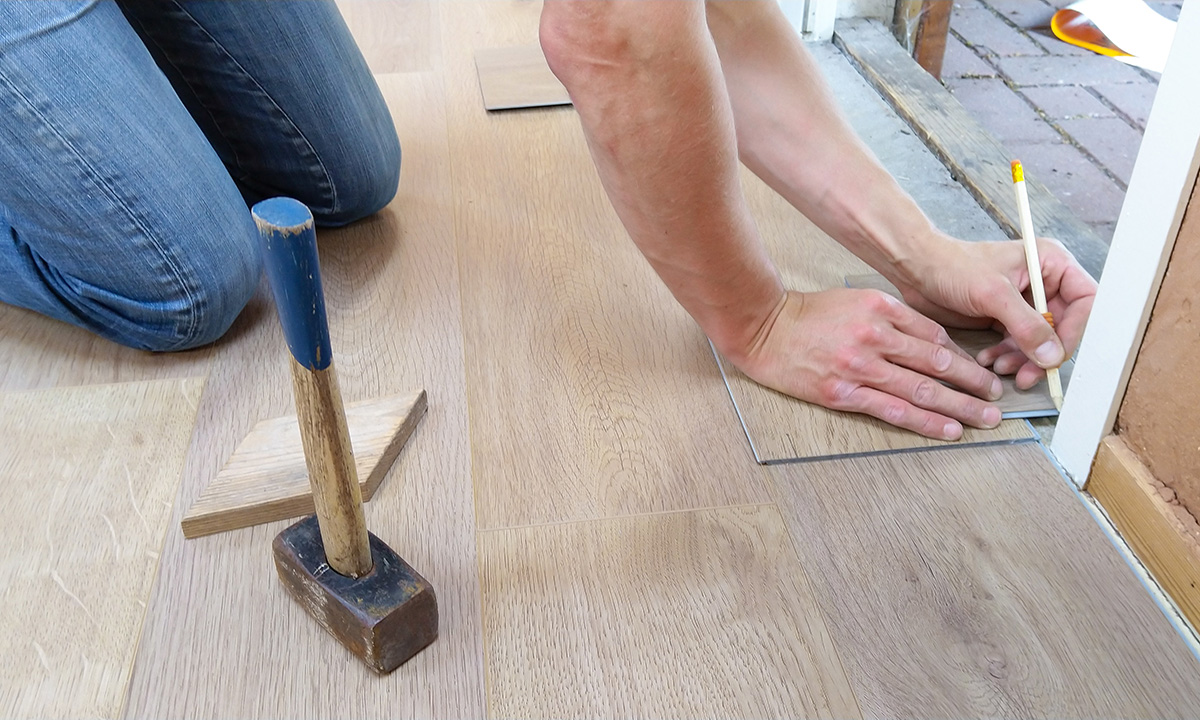
You’ve dedicated a lot of time, effort, and attention to your home. Perhaps you’ve added on a bedroom, updated the HVAC system, remodeled the kitchen, or all of the above. Naturally, when you decide to sell, you want to achieve the highest rate of return on your property.
One way to go about this is to reduce your capital gains taxes. Explore some tactics you can use to reduce or even avoid the capital gains tax on your real estate sale.
What Is Capital Gains Tax?
The profit you make after selling a piece of real estate is known as capital gain. The fee you pay on this profit is called a capital gains tax. So, the good news is you made a profit on the sale of your property. The not-so-good news is that a certain rate of tax is owed on that profit.
Are There Different Types of Capital Gains Taxes?
Yes, there are two types of capital gains. This is important because each type has its own tax rate.
The first type is a tax on short-term capital gains. The IRS levies a short-term capital gains tax on real estate you’ve owned for one year or less. This tax rate is the same as your income tax rate.
The second type is a tax on long-term capital gains. A long-term capital gains tax is applied to real estate you’ve owned for more than one year. The tax rate for long-term capital gains can be as low as 0%, making it the more favorable of the two types.

When Do You Owe Capital Gains Tax?
You pay capital gains tax on your real estate after the property is sold. You’re paying capital gains tax on the realized (actual) profit of your sale.
How Can You Legally Pay Less in Capital Gains Tax?
Fortunately, there are ways to reduce or even avoid a capital gains tax on a real estate sale. So, whether you’re new to property investment or a pro with the most useful apps, these tactics can prove helpful.
Deduct All Home Improvements and Repairs
Home improvements and repairs that add value to a home can be included as tax deductions. The next question becomes: What specific types of home improvements and repairs qualify as tax deductions?
Adding on a bedroom, bathroom, walk-in closet, sunroom, home office, or virtually any other room would qualify. Not only are these home improvements tax deductible, but they also contribute value in the form of extra living space.
New flooring is another home improvement project you can deduct from your taxes. Maybe you had hardwood floors installed in your living room or a new tile floor put into the kitchen. These changes certainly add value to a piece of property.
 Installing a new HVAC system is another example of a tax deduction for home improvement. Modern, energy-efficient HVAC systems contribute to the value of a home. An HVAC replacement is also an enticing feature to potential buyers. Most potential buyers are interested in a home with reasonable monthly energy bills.
Installing a new HVAC system is another example of a tax deduction for home improvement. Modern, energy-efficient HVAC systems contribute to the value of a home. An HVAC replacement is also an enticing feature to potential buyers. Most potential buyers are interested in a home with reasonable monthly energy bills.
Tax deductions for home improvements are not limited to the inside of a home. Putting in a new driveway is an example of a tax-deductible home improvement project. An attractive driveway also adds curb appeal to your home once it goes on the market.
A new roof, siding, or both qualify for home improvement tax deductions. Along with lending visual appeal, durable roofing and siding protect the interior of a home from harsh elements. Some types of roofs can last up to 30 years, while vinyl siding can last up to 40
Think about installing a deck in the backyard of your home. In addition to qualifying for a home improvement tax deduction, a deck is an eye-catching feature for potential buyers.
Landscaping work is another type of home improvement that you can deduct from your taxes. This can include planting trees, flowers, and bushes as well as putting in walkways. Beautiful, creative landscaping work done around a house can make all the difference in its overall appearance.
Other examples of tax-deductible home improvements include:

-
Remodeled rooms
-
Replacement plumbing, water heater, or septic system
-
New fence
-
Solar panels
-
New storm windows
-
New major appliances
-
Updated security system
Be sure to keep an organized file of receipts for all of your home improvements and repairs. You want to be able to itemize them and have proof of the improvements.
You also need to note that there are changes you may make to your property that are ineligible for tax deductions. Some examples are painting a room, patching up holes in the driveway, or getting new window treatments. Though these are improvements to a home, they are not considered fundamental improvements like putting in a new HVAC system. Painting a room and putting up window treatments are cosmetic changes as opposed to lasting, significant ones.
Deduct Mortgage Interest
Keep a record of the interest you’ve paid on your home’s mortgage throughout the year. There is a mortgage interest deduction that can reduce your tax bill.
 Deduct All Home Selling Costs
Deduct All Home Selling Costs
There are various tax-deductible costs related to selling your home. Some examples of these costs include:
-
Real estate agent fees
-
Escrow fees
-
Home staging fees
-
Advertising fees
-
Legal fees
Live in Your Home for Two Years or More
This tactic relates to the information regarding long-term and short-term capital gains. When you sell a home you’ve lived in for less than one year, you’re opening yourself up to a short-term capital gains tax.
As mentioned above, short-term capital gains taxes are higher than the long-term alternative. This is a common mistake made by people who are new to the process of flipping houses. Living in a house for two years or more means you’re subject to long-term capital gains taxes.

Hire a Tax Professional
Another way to reduce or avoid capital gains tax on real estate sales is to hire a tax professional. Tax professionals take a close look at your unique situation. Then, they use their knowledge and expertise to find ways to reduce capital gains taxes or avoid them. Chances are a tax professional will come up with a few tactics that never even occurred to you.
Also, a tax professional can provide you with in-depth explanations regarding some of the more complicated aspects of capital gains taxes. You’ll have someone to turn to if you have questions or issues arise at any time during the sale process. Getting guidance from a tax professional can help you feel more confident when you’re selling an investment property.
So, are you ready to reduce or avoid capital gains tax on your real estate sale? Capital gains tax is one of those financial terms you need to become familiar with as a homeowner. Sometimes doing a little extra homework on the available options can help you get the advantage you need. These simple tactics can be the key to helping you enjoy a bigger return on your investment.
Contact us at Evergreen Investments today to learn more about our real estate management services.

 Deduct All Home Selling Costs
Deduct All Home Selling Costs


0 Comments